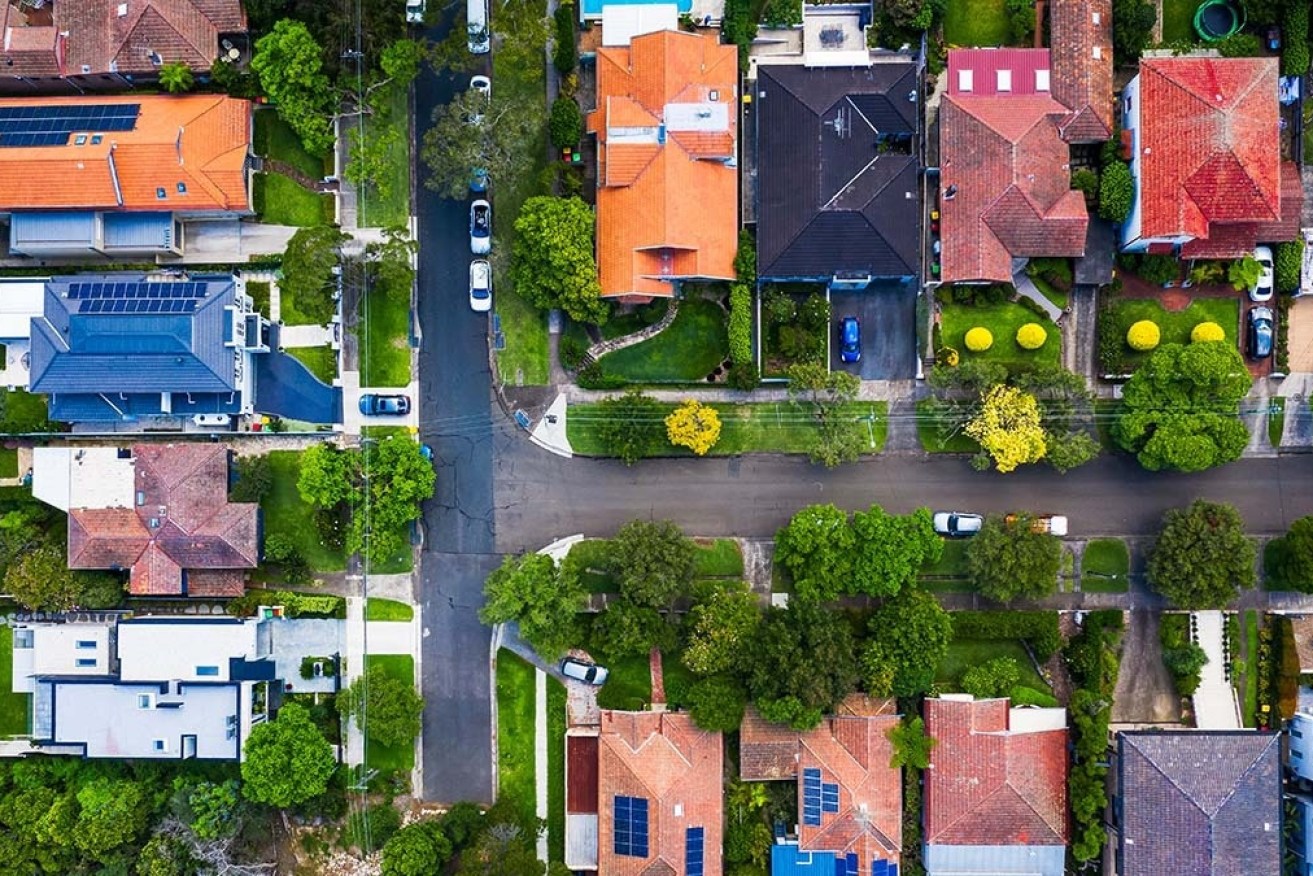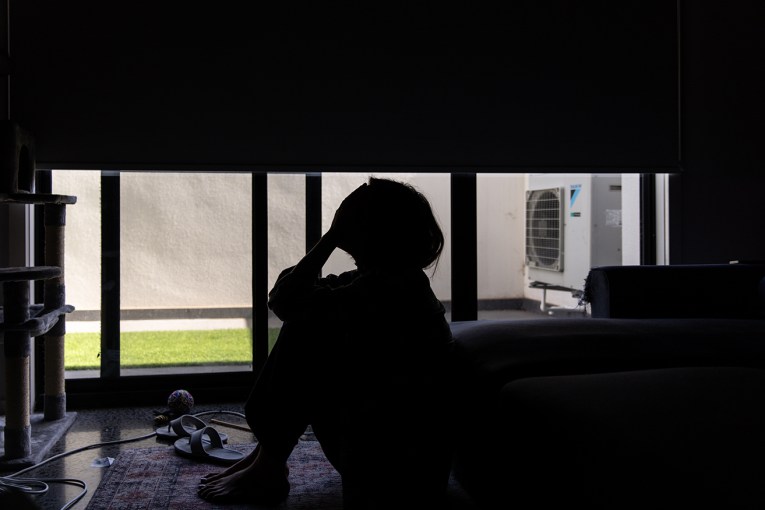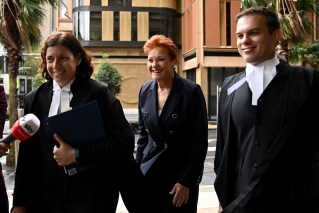Grattan: Shared equity is a start, but fixing the housing crisis requires more ambition

Housing policy is finally being discussed on the hustings. Photo: AAP
Housing is suddenly a hot topic this election campaign. And no wonder. Home ownership is slipping out of reach for many younger, poorer Australians, and many older Australians who rent are also being left behind.
To help solve the problem, federal Labor has announced a new shared equity scheme called ‘Help to Buy’.
Under the scheme, a Labor government would provide an equity contribution of up to 40 per cent of the purchase price of a new home, and up to 30 per cent for an existing dwelling, with buyers needing a minimum deposit of 2 per cent.
It’s a limited scheme: 10,000 places would be offered each year.
Labor’s proposal would be a positive step forward, and echoes a similar scheme we recommended earlier this year.
Although the election campaign inevitably focuses on first-home buyers, shared equity could help many older Australians into home ownership.
Just 55 per cent of the poorest 40 per cent of 45- to 54-year-olds own their own home, down from 71 per cent four decades ago.
Many older Australians were never able to break into the market as prices far outstripped incomes. Others have found it too hard to get back in after losing the home after a separation. Less than half of women who separate from their partner and lose the house manage to purchase another within 10 years.
Today’s older renters risk joining tomorrow’s renting retirees, nearly half of whom already live in poverty. Help to Buy offers them a pathway back to home ownership and a more secure retirement.

Retirees who rent have much higher rates of poverty. Photo: Getty
Income caps too generous
Despite these benefits, there are drawbacks to Labor’s plan.
The income thresholds for the scheme – $90,000 for singles and $120,000 for couples – are too high.
About 80 per cent of working-age singles earn less than $90,000, and 42 per cent of couples earn less than $120,000. It’s hard to argue for extending the scheme to people earning above-average incomes who have a good chance of buying a home anyway.
Also, requiring borrowers have just a 2 per cent deposit, rather than a minimum of 5 per cent as we proposed, increases the risk of them falling into negative equity if house prices fall.
While important, shared equity is also no panacea to Australia’s broader housing affordability crisis.
Along with the Coalition’s promise to expand the number of mortgage guarantees under the existing Home Guarantee Scheme from 10,000 to 50,000 a year, a promise since matched by Labor, neither major party is proposing policies that risk hurting existing home owners.

Former Labor leader Bill Shorten brought more ambitious housing policies to the last election but failed to win over the electorate. Photo: Getty
Major parties lacking real reform
Real reform would tackle the fundamental factors that are making housing less affordable.
Real reform would result in house prices and rents slowing, even falling. Neither party is bringing any such proposals to the table.
This is a sad reflection of the diminished policy ambition on show in this election campaign.
After decades of neglect on housing policy, Australia urgently needs governments that will stop pretending there are easy answers to the housing crisis.
We need hard decisions. That means pushing state governments to loosen planning laws that make it hard to build more housing where people want to live.
Australia has not built enough housing to meet the needs of the growing population. Our cities are not delivering the best mix of housing location and density, given what people would prefer.
Construction is constrained by land-use planning rules that limit development in many inner- and middle-ring suburbs. Local councils, which implement the rules, reflect the interests of those who live there already.
Labor has at least promised to ramp up co-operation with the states on housing supply, but is yet to offer anything meaningful to bring them to the table.
Hard decisions also mean winding back housing tax breaks, such as negative gearing and the 50 per cent capital gains tax discount that inflate the demand for housing, as Labor proposed in 2019, a plan it has since abandoned.
And the Age Pension asset test should include more of the value of the family home.
But getting that debate started would require our political leaders to level with the public that there are no easy answers to housing affordability and that someone has to lose for first-home buyers to win.
The housing debate we’re having this election campaign is not the one Australians deserve.
Brendan Coates is Economic Policy Program Director and Joey Moloney is a Senior Associate at the Grattan Institute








